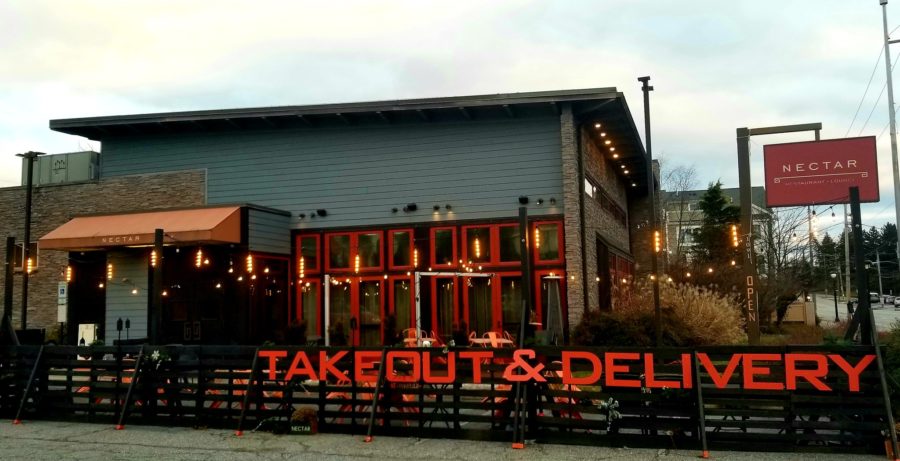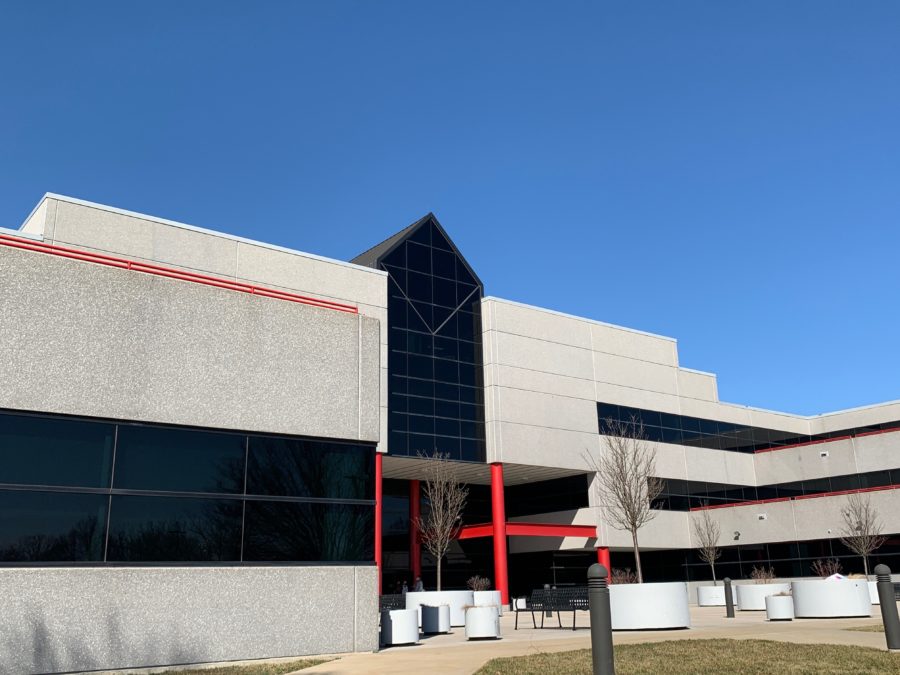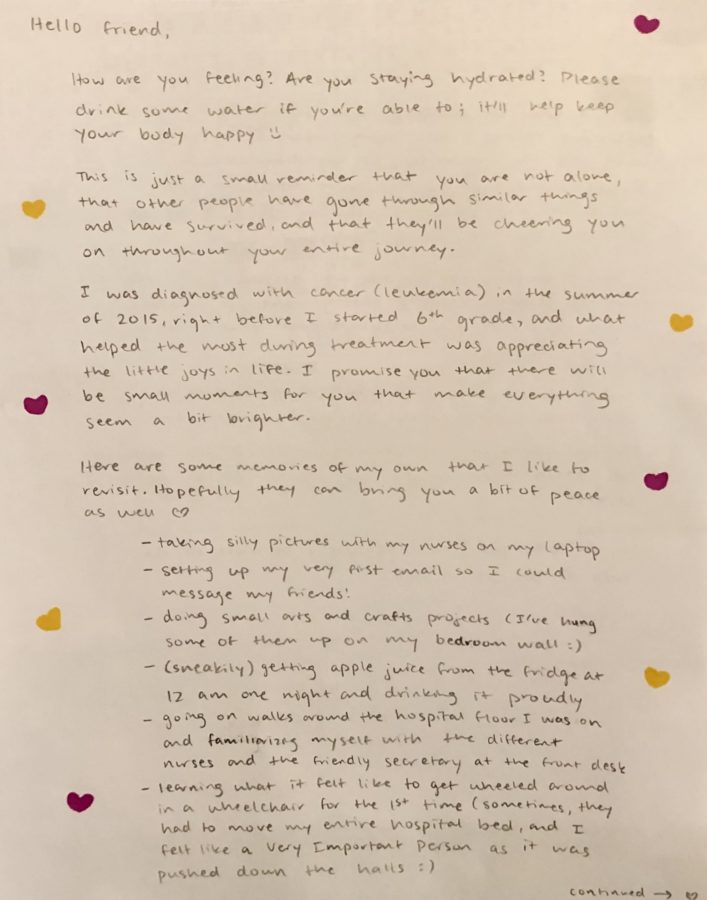By Nishka Avunoori, Staff Reporter
In a normal year, T/E businesses bustle with excitement over holiday shopping; however, the COVID-19 pandemic drastically altered the holiday business landscape for small businesses across the nation. The COVID-19 pandemic impacted their revenues and created an unconventional working situation.
Pennsylvania governor Tom Wolf instated new restrictions to slow the spread of COVID-19 from Dec. 12 to Jan. 4. The holiday season is a pivotal time for many businesses to wrap up the year with substantial revenues to start strong in the new year: according to ABC, local retailers do up to 75% of their business during the holiday season. However, with these new restrictions limiting indoor and outdoor gatherings’ capacities, many businesses statewide faced challenges keeping business afloat.
Forced to close throughout most of December, Berwyn Squash and Fitness Club is now operating again in a limited capacity. The club is adhering to strict protocols and has not experienced any COVID-19 cases so far. It invested in new HVAC filters and electrostatic disinfecting machines, along with mandatory temperature checks and masks. Owner Dominic Hughes explains that the rough restrictions cost the club a lot of business.
“I understand people’s concerns and that they are still cautious about getting out too much in public, but as I say, we just take one day at a time, one week at a time, because there’s at least hope on the horizon that we will continue to stay open,” Hughes said.
Lauren Guttilla, manager and private dining coordinator of French and Asian fusion restaurant Nectar, says that with COVID-19 cases rising, they are willing to take a hit on their revenue to keep their staff, families and guests healthy. Nectar is working with limited staff and has shut down indoor dining options.
“Normally, our restaurant during the holidays is decked with poinsettias, music, candles and buzzing with private events. This holiday season, we have no indoor dining and no private events. Our restaurant has to-go boxes and bags stored in areas that used to seat guests,” Guttilla said.
Using creative solutions like video calls to help customers shop, boutique Polka Dots continues to progress despite the pandemic. Managers Karen Denny and Lori Horning expanded the shop’s online presence and shipped products to customers around the country. After customers try on clothes, Polka Dots steam cleans them to prevent the transmission of virus particles. The boutique’s loyal following of customers helped maintain revenue throughout the pandemic.
“I know that for some things, Amazon’s very necessary or the big box stores are necessary, but we definitely have had a very loyal following who came into do their gift shopping at small businesses, not just Polka Dots, but were dedicated to shopping small which will help all of us,” Denny said.
LSF Pilates Studio owner Liz McKee revamped her studio by adding more mirrors to spread out the equipment and installed an air scrubber system to keep clients safe. The studio started offering virtual private sessions since the pandemic began to increase their online presence and continues offering them along with in-person group sessions and private sessions.
The government offered many businesses financial aid through the Payment Protection Program (PPP). Berwyn Squash and Fitness Club, Nectar, Polka Dots and LSF Pilates Studio all received financial assistance. Recently, Governor Wolf allotted $145 million from the Workers’ Compensation Security Fund at the Pennsylvania Department of Insurance to the general fund to provide loans or grants to businesses in need. McKee does not qualify for workers’ compensation because she is the only employee of LSF Pilates Studio and they are still in business.
“It would have been nice if that PPP loan had been modified back then and if another one had come sooner because many businesses have now since closed, and if they had received a second payment from the government six months ago, they would have maybe had a better chance,” McKee said.
Both McKee and Hughes believe the fitness industry has been among the hardest hit by the pandemic, even with the government’s help.
“I think businesses like ours have been in a lot of ways prejudiced against. Every business could continue to say they are essential to their clientele. I’m not convinced that they are unsafe. I think a lot of them would say they could be safe, so I’m not convinced that this is being fair, but having said that, it’s a difficult situation, and I don’t entirely blame the government; I think it’s just the situation that they’re in,” Hughes said.
Despite the adversities, local businesses continue to promote themselves and conduct business. McKee feels it is crucial to continue encouraging small businesses, especially during times like this.
“Just because the holidays are over doesn’t mean you should stop supporting (small businesses),” McKee said. “Keep getting out there and supporting the businesses that you love, because if you don’t, they will not be there.”


























































































